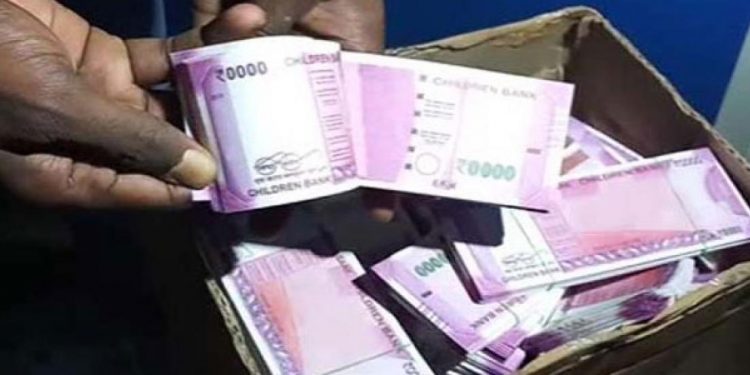Mumbai: The Reserve Bank of India (RBI) could transfer an additional Rs 1.23 trillion from its surpluses to the government, thanks to the gains from bond buying and a change in the accounting practices of its forex operations, sources said Wednesday.
These two heads alone have contributed as much as Rs 57,000 crore to the income of the central bank, people in the know explained. Hence it had no problems in transferring funds to the government.
There has been widespread criticism after the RBI agreed to part Rs 1.76 trillion with the government following the Bimal Jalan committee report on the appropriate economic capital framework for the central bank. The Rs 1.76 trillion include a surplus of Rs 1.23 trillion and Rs 52,000 crore in one-time surplus.
The higher quantum of bond buying to inject liquidity into the system has resulted in additional income of Rs 36,000 crore, while the changes in accounting practices resulted in gains of Rs 21,000 crore, the source said.
Without quantifying the gains, the source also said that there is no need to provide money against potential risks as the capital required is falling within the levels prescribed by the Jalan committee.
“These three heads (OMO income, change in forex accounting and zero provisions) are all independent events that have taken place at the some point during the fiscal year,” the source explained.
The source said the Jalan committee was extra conservative while prescribing the preferred levels of buffers required to be maintained, and took into account a scenario where the 10 largest banks go down simultaneously in an ownership-agnostic way.
The levels prescribed are such that the RBI will be able to carry on its role as the lender of last resort even if these 10 banks were to go down, the source pointed out.
PTI







































